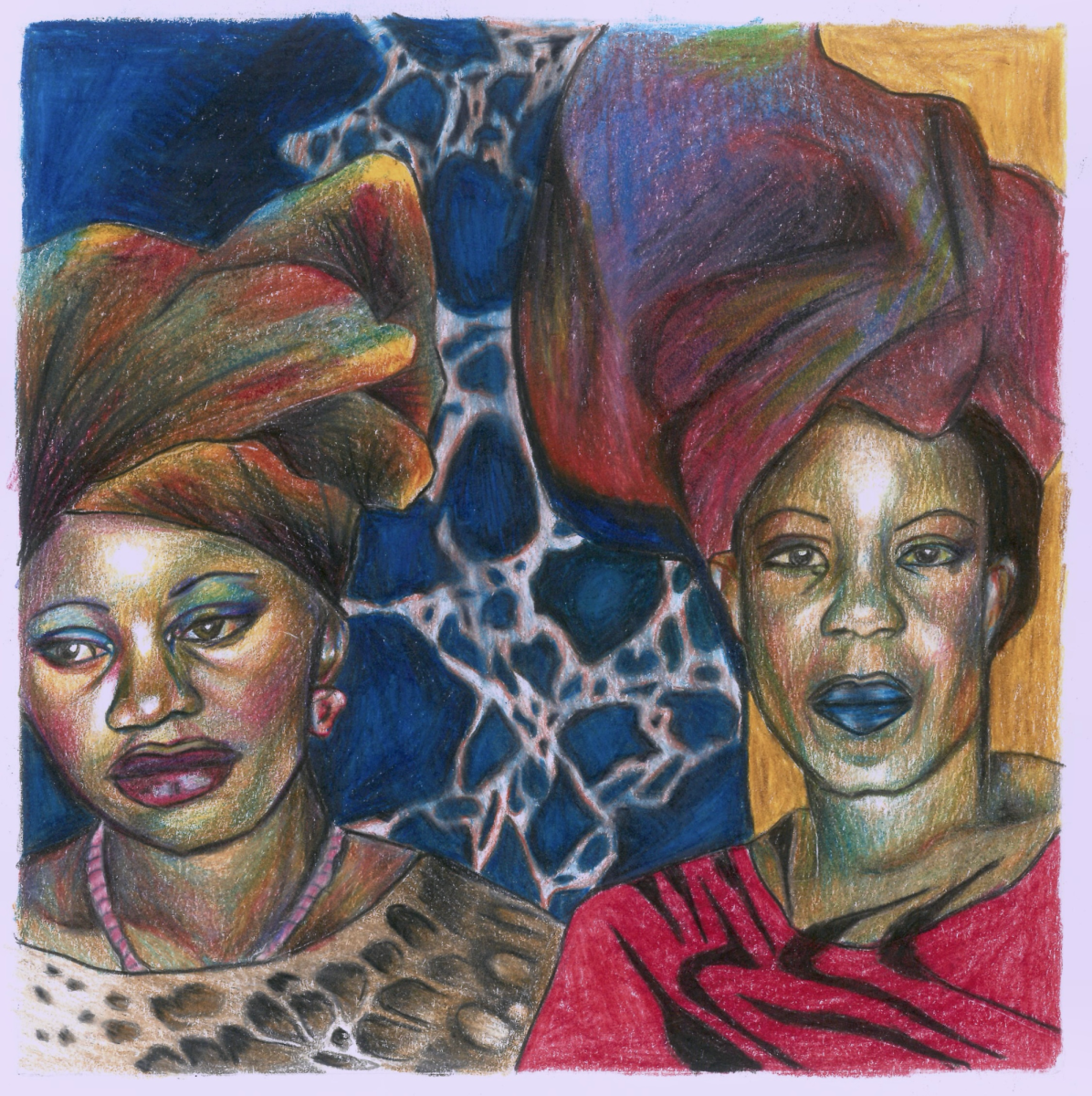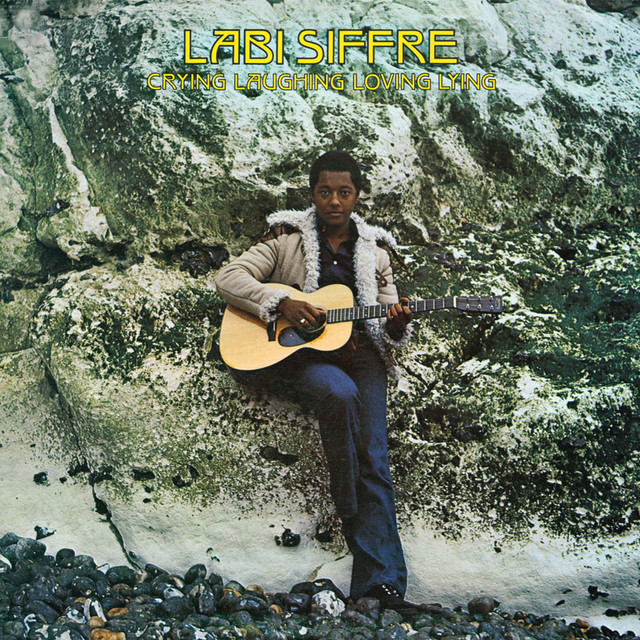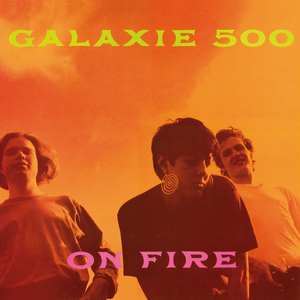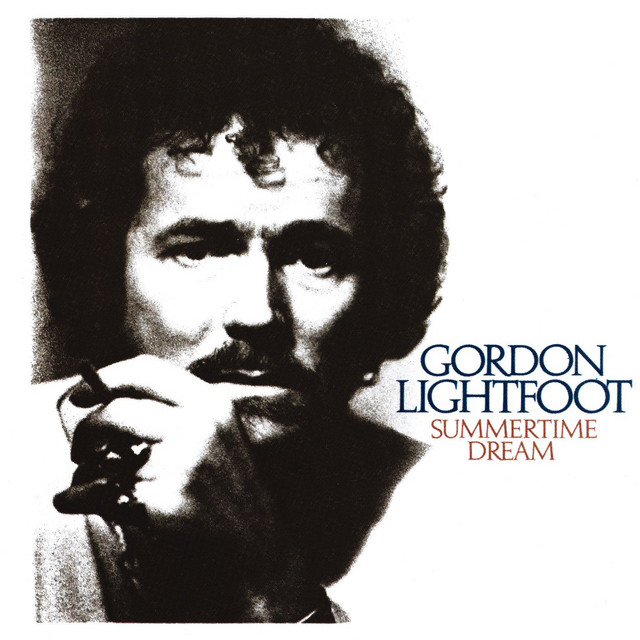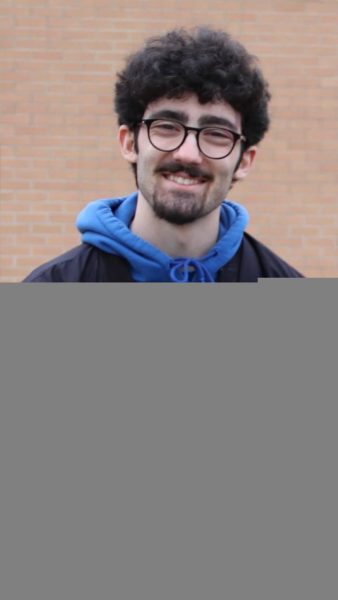The late winters of Michigan are brutal. Some days it truly feels like the earth is bursting with energy. Even if the sun doesn’t peak out from the cloudy skies we get, the warm air invites greenery to peak out from their branchy homes. The snow and frost that locked the environment in place for a brief time throughout January and February melts and pools up, flooding the wetland and transforming the dry, wiry ground into slippery mud. And yet, winter always seems to keep a couple of its wretched fingers wrapped around our days, so cold weather and snowfall push the springtime metamorphosis a few weeks back. Though, I wouldn’t totally say that I dislike the time period. These days of seasonal change always invoke a sense of reflection within me. Summer to fall, and winter to spring mark the slow, cyclical transformation between two opposite states, which I can apply to myself as I shift from chapter to chapter in my life.
Ramblings aside, throughout these past couple weeks of changing weather, I’ve been listening to Souad Massi’s Mesk Elil in an effort to broaden my horizons and listen to more popular music from places outside the general hotspots of popularity in the West. Massi is originally from Algeria, but had to leave the country after receiving death threats while performing in a Kabyle political rock group called Atakor. She had the opportunity to participate in a celebratory festival of Algeria’s women musicians in Paris called Femmes d’Algérie concert, resulting in a record deal and her subsequent move to France. The music of Mesk Elil utilizes a vast array of influences in not only the style of guitar playing she employs, but also in the different languages—like Arabic and French—she uses in the lyrics and titles of the songs.
The title track of the album showcases this plurality of influences well by including Arabic and French names, “Mesk Elil – Chèvrefeuille.” Within the music, different stringed instruments, like guitars, double bass, violins and an oud—a Middle Eastern relative of the lute— are used so that they fill up the entire sonic space. The guitars play in the upper register, having a sort of twinkling effect when combined with the light percussion. Violins streak behind Massi’s soft voice in the choruses, adding an extra emotional tang to the timbre. The double bass sets down a foundation to contrast with the canopy of higher reaching voices, and an oud bridges the gap between them when it meekly enters in. The percussion has a bossa nova flavor, filling the rhythm with lighter sounds like shakers, wind chimes and cymbals rather than drums themselves. Though, a syncopated clave beat really gives it that air in particular. All of these musical choices give the song a fragile, yet airy quality, as if searching through a memory, something distant, yet intense.
Translated from the French transcription of the song, the lyrics seem to also insinuate a notion of reflection amid a period of changing seasons. Massi muses on a memory of honeysuckles, which are most pungent at night time during the earlier season of summer. Listeners are left with a sense of loss when the senses of the honeysuckle are juxtaposed with drab imagery of autumn: “In this season when the leaves wither/ Where the earth is filled with the scent of rain” and “In this season when the sun disappears/ Where the birds leave their nests.” She goes on to explain the “pain” of the prospect of looking back at those memories, and realizing how much she truly misses them.
The rest of Mesk Elil is likewise awesome, filled with various moods that jump around from song to song. Massi has a handful of albums to dig through as well, the latest releasing a couple years ago in 2022. I also dug around and found an NPR Tiny Desk Concert performance that showcases her guitar playing really well. Enjoy!









